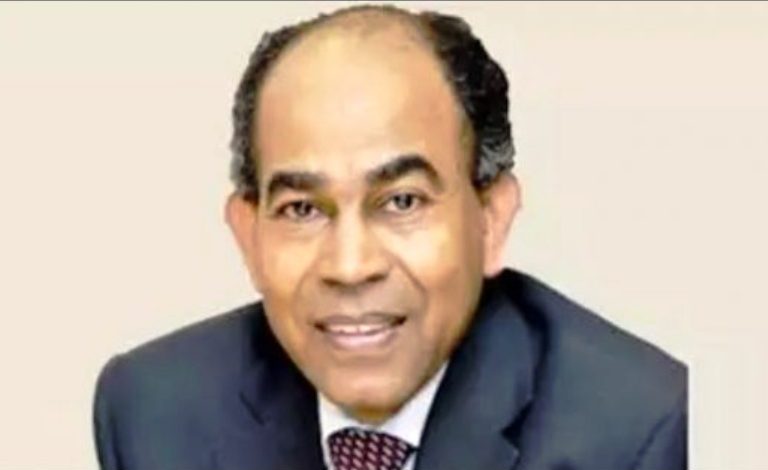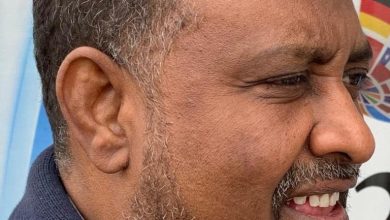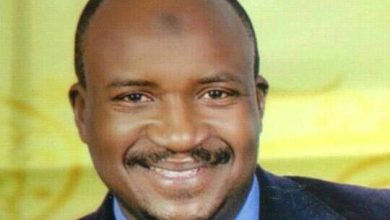Does the “Rapid Support Forces” Aspire to Become Sudan’s Army?

Othman Mirghani
Asharq Al-Awsat Newspaper
London
To understand how the leadership of the “Rapid Support Forces” (RSF) views its future and that of its troops, one should carefully consider the statements made by Omar Hamdan, the head of its delegation to the recent Geneva talks, to this newspaper (August 25, 2024). Particularly noteworthy are his remarks regarding security and military reform, a topic that lies at the heart of the ongoing conflict. This issue has been, and continues to be, one of the most critical points of discussion in any transitional arrangements aimed at organizing the political landscape and addressing the proliferation of militias and the spread of weapons by integrating them into the regular armed forces. The ultimate goal is to create a unified professional army focused on its primary duties of protecting the nation’s borders and steering clear of the politics that have diverted it from these essential tasks.
When asked about the possibility of reverting to the framework agreement that was the subject of much debate and controversy before the outbreak of the war, Hamdan stated that after 16 months of war, “it is difficult to return to the framework agreement because it addresses specific issues, including security and military reform, and now it is impossible to reform a hijacked institution.” He emphasized this stance by adding, “We cannot return to reforming such an institution, and this would mean reigniting the war in Sudan.”
Dissecting these comments reveals the RSF’s mindset both before the war began and throughout the conflict up to the present moment. As the RSF leadership has grown in size and ambition, they have begun to dream of replacing the Sudanese army. This notion was encouraged by certain political forces that, at one point, suggested that the RSF could become the nucleus of a new army through a process of “merging” and restructuring.
With this vision in mind, the RSF leadership supported the framework agreement in the period leading up to the war, but they wanted it to serve their own project and ambitions for controlling the country. Today, after expanding their forces across a large part of the country through the war, they no longer see any benefit in returning to the framework agreement, which treated them as subordinate to the army and called for their integration into the armed forces. As Brigadier Omar Hamdan stated, the agreement talks about security and military reform, and they are not interested in revisiting the issue of army reform.
The implication of this position is that since reform is not on their agenda, the solution lies in dismantling the army, with the RSF becoming the alternative or the nucleus of a new army under their control and leadership.
It is no secret that the RSF leadership, in the period before the war, sought to steer the framework agreement according to their vision regarding the issues of integration and military reform. They bargained and delayed on the timeline for integration, presenting fantastical proposals that sought to strip the integration process of its essence by stretching it over twenty years, which was later reduced to around ten years during negotiations, according to numerous statements and leaks that dominated the tense atmosphere. Meanwhile, the army insisted on completing the integration as soon as possible within a timeframe not exceeding five years.
The RSF leadership was never willing to relinquish control over their forces, which they see as the source of their power, ambitions, and wealth. Therefore, the framework agreement was merely a temporary measure to buy time, build up more power, and prepare for the right moment to take control of the country, whether through political and social alliances coupled with financial and military influence or through the ever-present option of military coups in Sudan.
After the outbreak of the war, without delving into the debate over who started it, the RSF leadership began to see that they could achieve their project through brute force, supported by external parties. From the very start of the conflict, these forces attempted to capture or eliminate army leaders, foremost among them General Abdel Fattah al-Burhan, an act that would have placed General Mohamed Hamdan Dagalo (Hemedti) at the helm of the state through the presidency of the Sovereign Council and the alliances he had formed both domestically and internationally, or through an outright military coup. After that phase failed, the RSF is now betting on its ability to decisively win the battle militarily and “liberate the rest of the country’s land,” as its leaders have stated. However, just as they have continually faced the resilient obstacle of the army, which has not broken and continues to fight, they may not have fully grasped that they have also created a significant psychological barrier between themselves and the majority of the Sudanese people, one that could seriously disrupt all their calculations.



